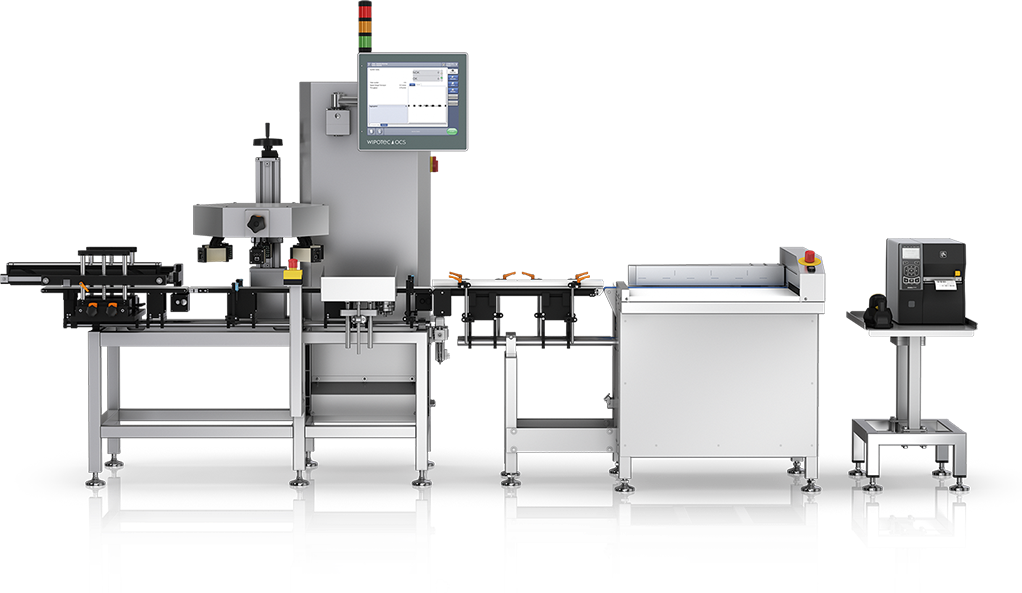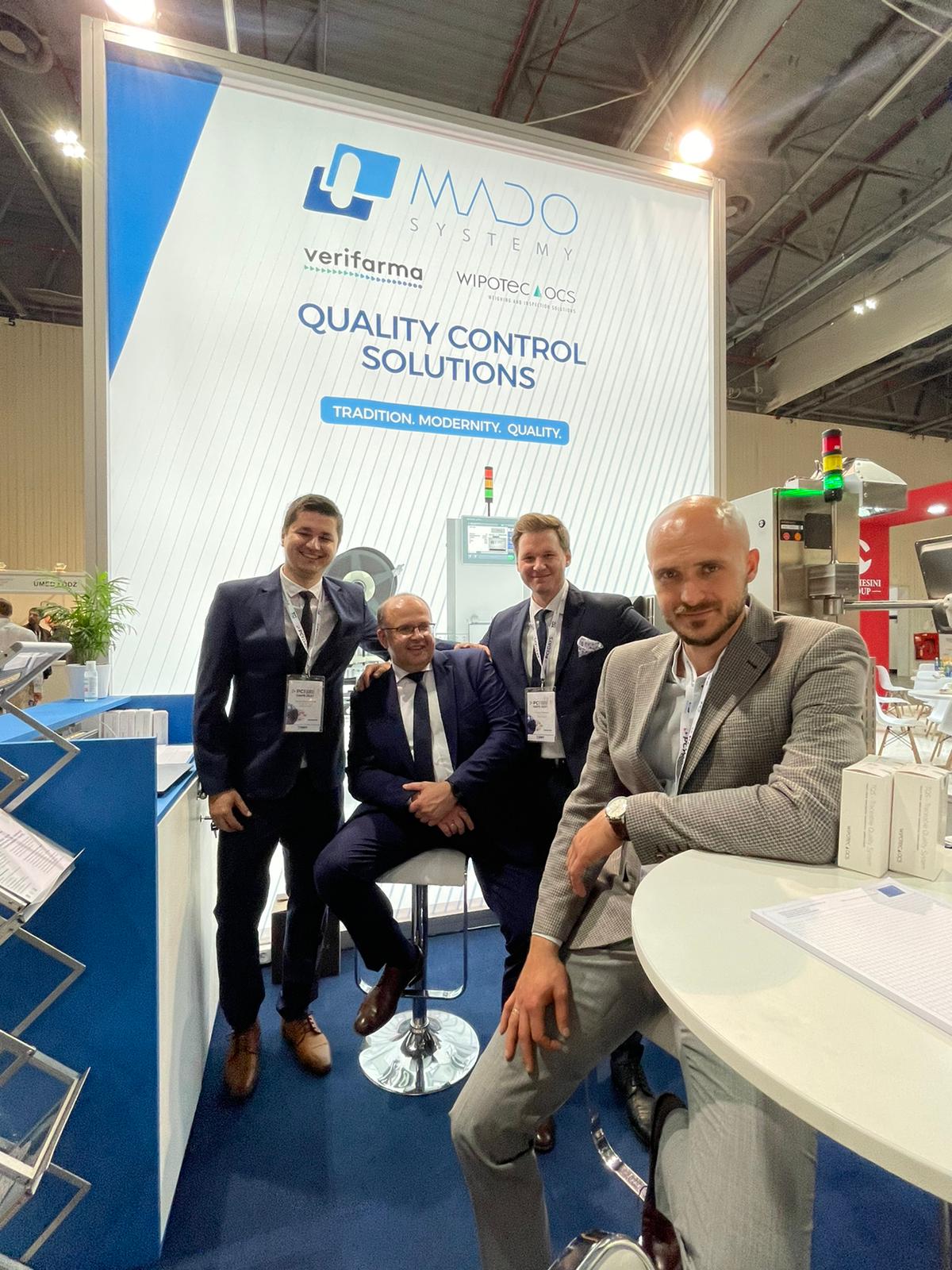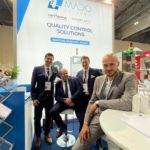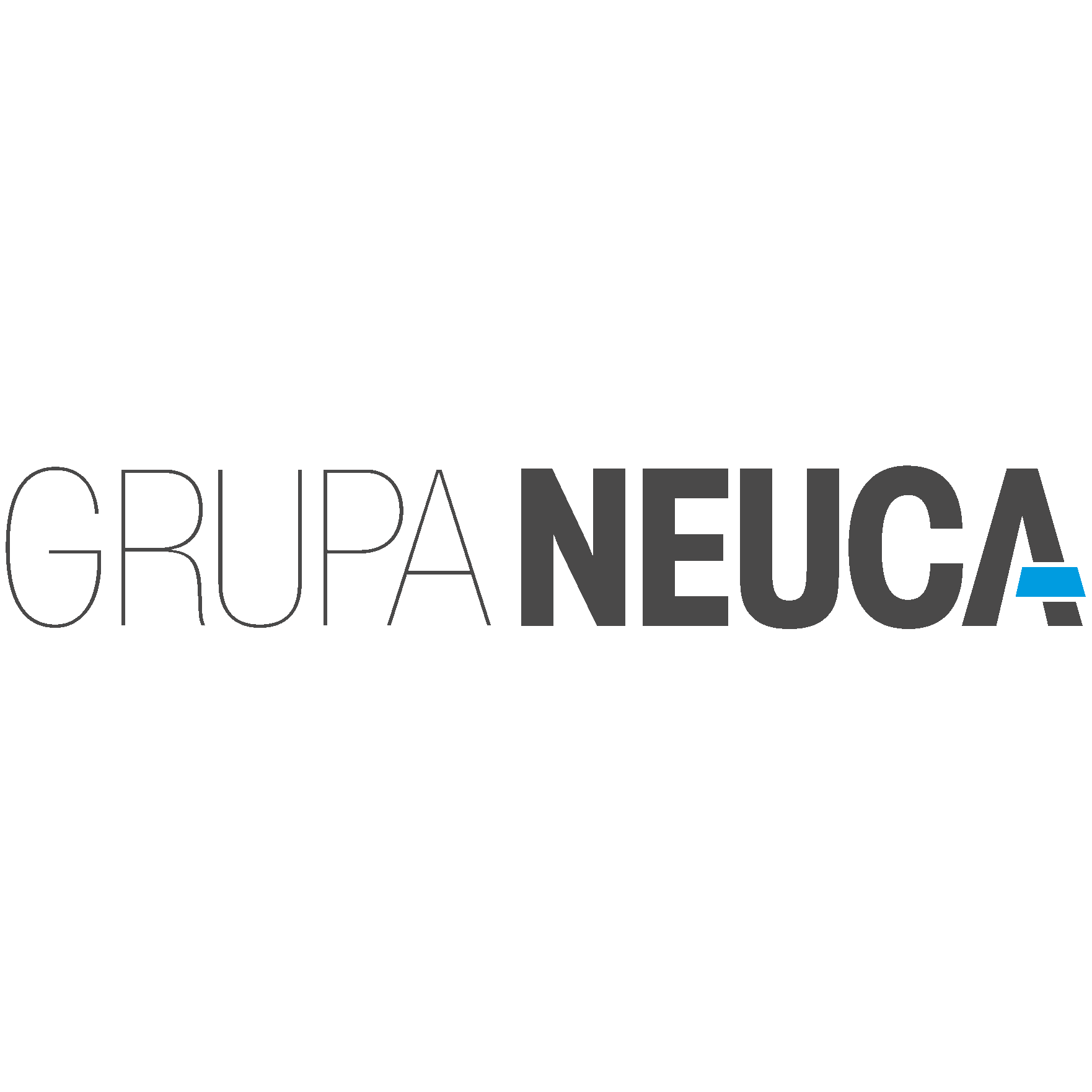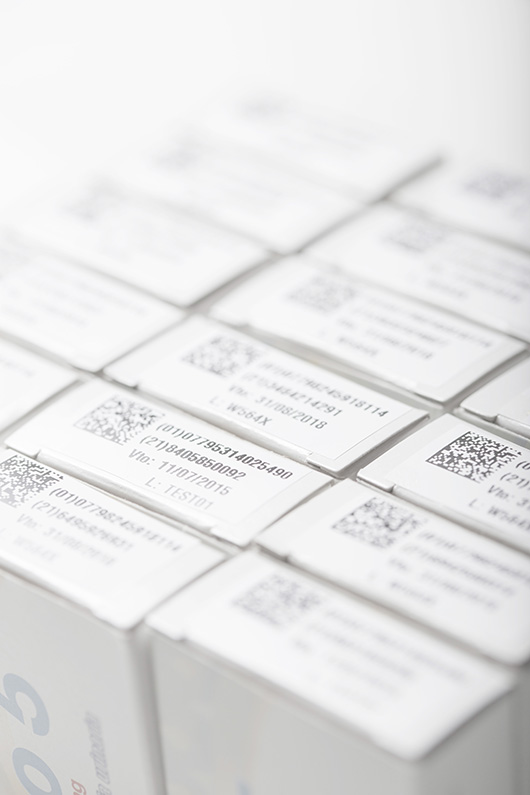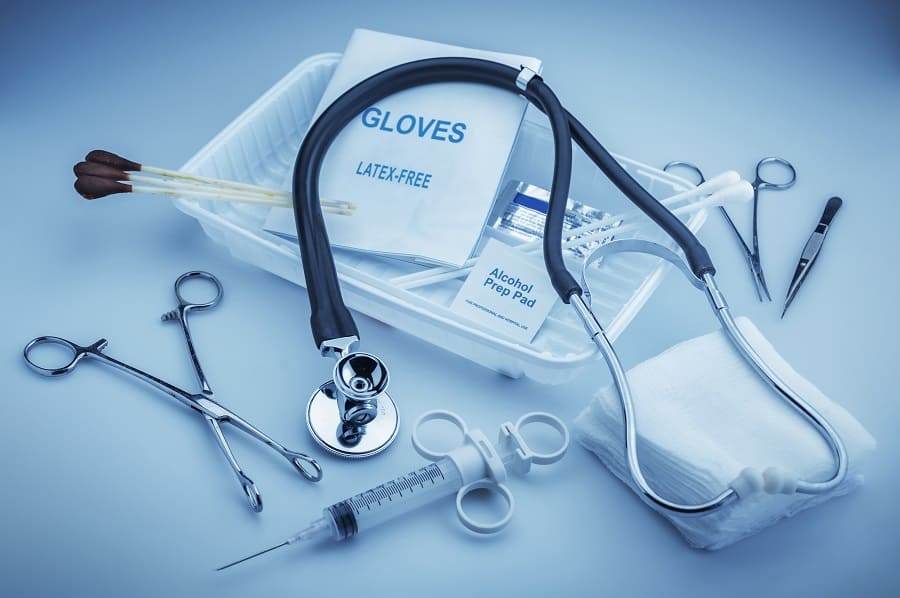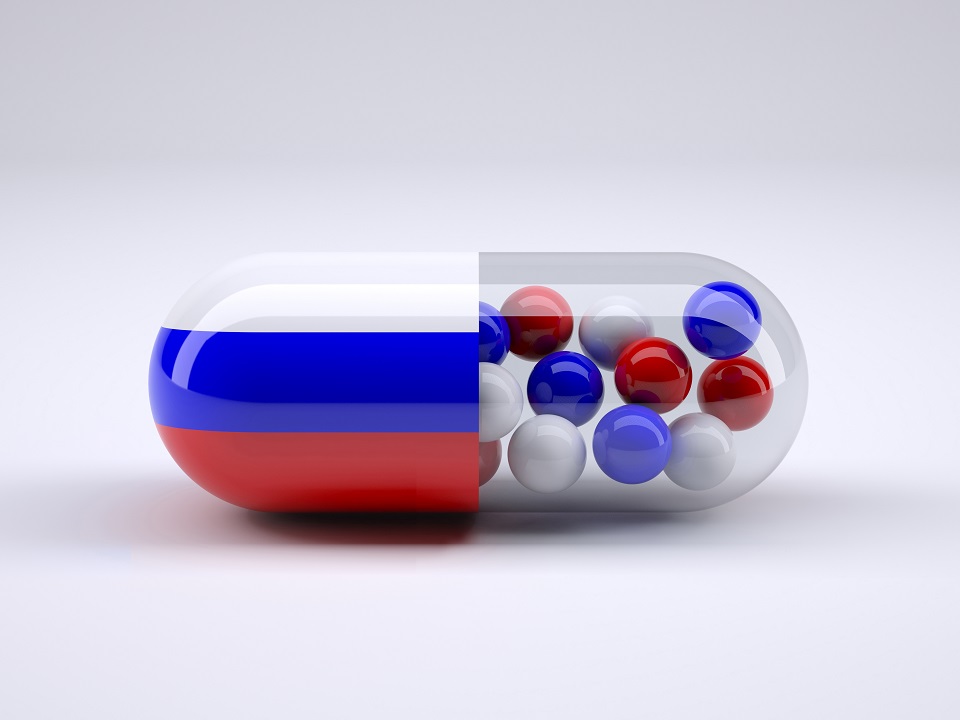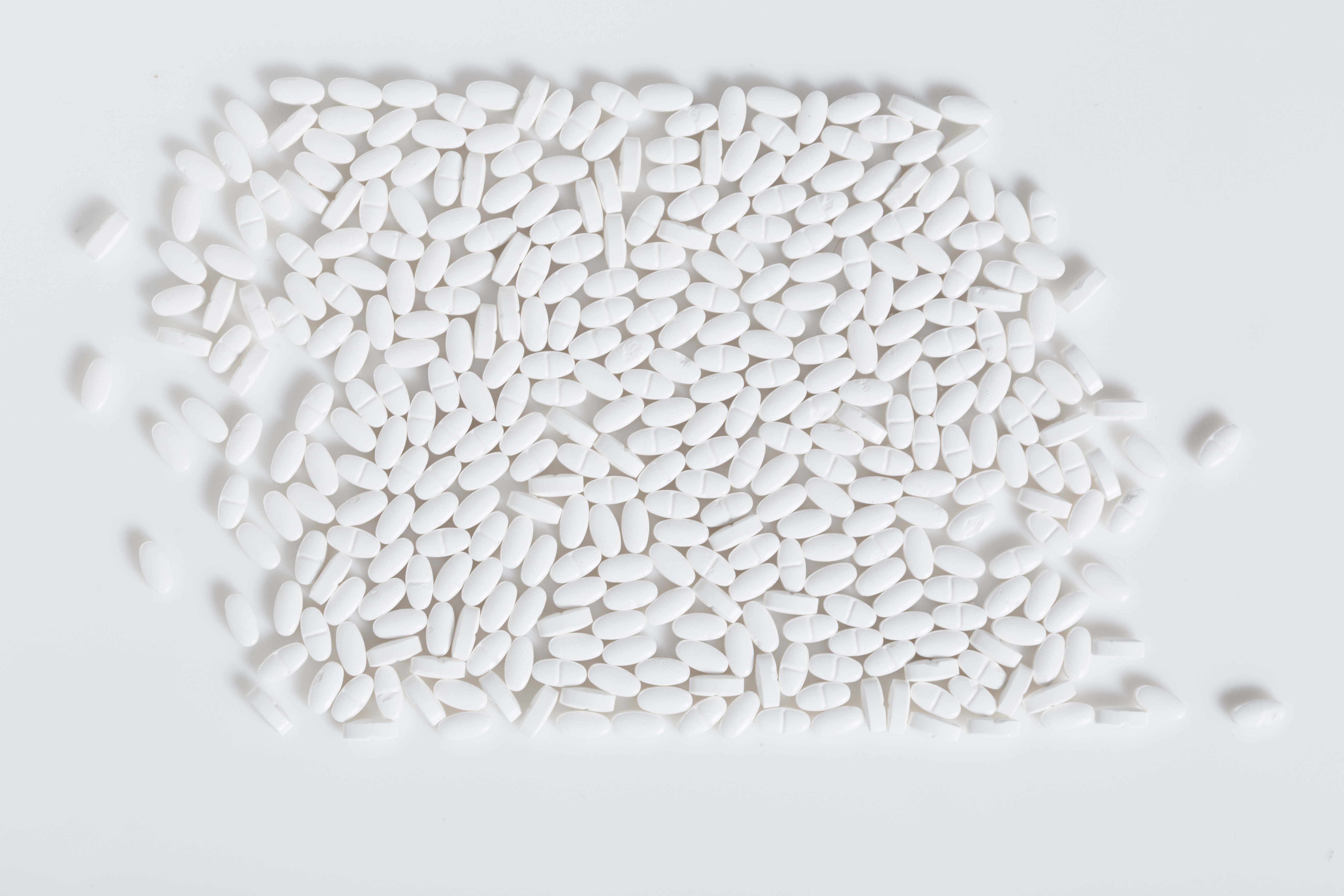Just over a year ago since the implementation of the European order against drugs counterfeiting, the industry is still testing its operations to return to the pre EU FMD productivity levels.
What seemed the best solution, it is not so today
In the last 5 years we have seen that many new printing equipment providers and also new serialization software providers have emerged and had no experience at all in the pharmaceutical industry, and even less, in environments regulated by government agencies.
Many companies of the sector have fallen in the marketing illusion and have acquired in many cases very expenses software or printing equipment with performance levels much lower than those required for their current operations.
Likewise, the integration between hardware and software with different providers has not been easy, and if we add the connections with manufacturing contractors or Customers with processes and a large variety of software, the challenge is great. To implement all this new operation has not been easy, but the regulation has required the effort and we had to rush out and comply with February 9, 2019 time period.
But now is time to review what we have really implemented, whether or not it complies with expectations and if it keeps up with our operations at really competitive costs. It is time to return to the pre EU FMD operating efficiency.
Consolidation of providers
Even though it may appear somehow hasty, we already see throughout Europe the replacements of equipment and serialization software providers that have not met expectations. “All-in-one” solutions that have proved not to be the most proper ones for the speed and flexibility that customers need, who are trapped in problems that many times have been reflected in the supply of the product in the market. We have seen also manufacturers of equipment coming from other industries that have tried to take a chance in the pharmaceutical industry and have fallen short or have not been able to adapt themselves fast to high demands.
Finally, as we have mentioned above, many companies have hired novel serialization software providers, that have little experience and who did not have local resources for implementation and support. These providers have relied themselves on alliances with local representatives who, due to the low quantity of customers, have not prospered. In several cases said alliances no longer exist, and the customers have remained alone, with a very deficient operation support.
The same has happened with those companies that hired new software providers with great financial backup and a surprising commercial machinery, but without any experience at all interacting with regulatory entities, what meant for their customers serious operating problems and stock depletion of its products in the market.
That is the reason why, those companies undergoing such situation have started to analyze who are the providers of serialization hardware and software which have prevailed in the market and have measured to the occasion, with high productivity levels, agile and precise technical support and reasonable costs.
We will see then in the next few months a consolidation of the providers of equipment and serialization software in only 3 or 4 alternatives, while the rest will disappear due to the lack of scale.
Return to operating efficiency
The new serialization processes have reduced the operating efficiency, this is a reality. According to an internal report, we have found at least 7% reduction of efficiency in the conditioning process, and in addition to this, the time to prepare impression lines, the remittance and reception of serial numbers, validating that the batches contain all the information to be sent to production, handling at the warehouse of serialized products, among other very different situations.
In large production volumes, this reduction of operating efficiency has a strong impact in the income statement, not to mention the cost of maintenance of the equipment and software which in many cases is excessive and definitively improvable.
We need to return to the pre-serialization productivity levels avoiding a disproportionate impact in the income statement. For the manufacturing contractors, this search of efficiency will become a key competitive advantage at the time of attracting new customers.
Someone to help me
It is essential to keep an ongoing operation, since the slightest interruption in the production process may generate days of delay in our products market entry.
When incidents occur, we need a team of professionals near, that understands our business and process and may furnish us a fast and precise response. That is the reason why we need that the technical support offered by our serialization providers must be local, in our language, with an extensive hourly coverage and with well trained technicians to detect the source of the problem and solve any situation.
In the last 12 months, since the start-up of serialization in Europe, the support has been essential and even more during this stabilization stage. We have seen companies abandoned by its serialization providers, although they have hired what seemed the only and best solution of the market, with the best support.
This will be a key factor to bear in mind at the time of evaluating our current providers and deciding whether or not to continue working with them or changing to look for the excellence in our production processes.
Ariel Romero Díaz
EMEA Head | Verifarma
Verifarma software

